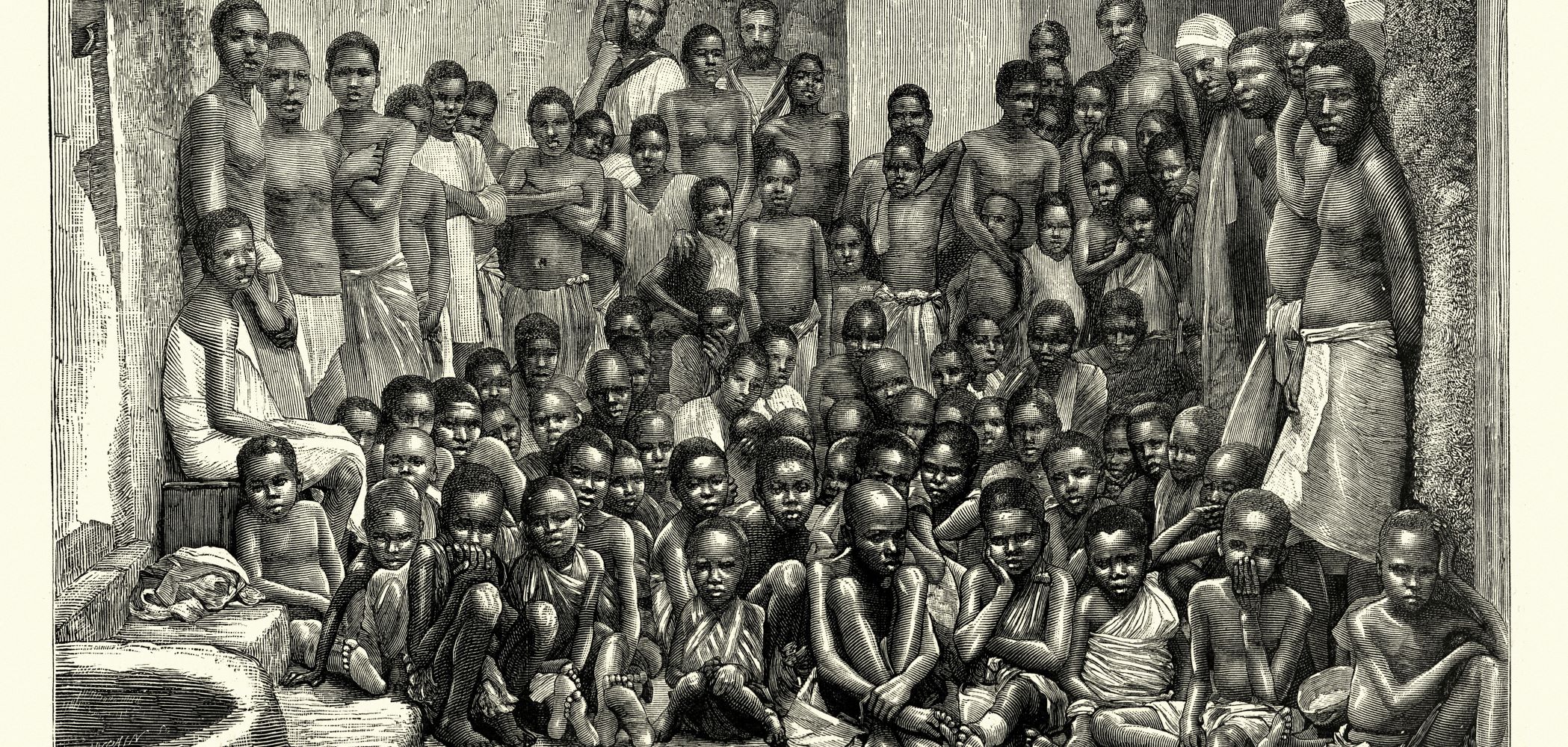‘Harsh reality’
The pay gap between white and black and Asian minority ethnic (BAME) workers still stubbornly persists, with white British workers earning on average nearly 4 per cent more than their non-white counterparts.
New figures from the Office for National Statistics (ONS) published on Tuesday (July 9) show that different ethnic groups face greater pay penalties, with Bangladeshi workers faring worst – as a whole they earned about 20 per cent less on average than white workers in 2018.
Ethnic pay gaps vary geographically as well, with the pay gap between BAME and white workers in London the widest, standing at a shocking 21.7 per cent.
The analysis, which is the first by the ONS to investigate pay gaps between different ethnicities, also found that two minority ethnic groups bucked the trend – last year, both Chinese and Indian workers in fact earned more than white British workers, by 30 per cent and 12 per cent respectively.
But this pay premium disappears for non-UK born Chinese and Indian workers, just as significant pay gaps remain for other BAME workers who were not born in the UK.
The ONS report comes in the wake of a separate TUC analysis in April found BAME workers are more than twice as likely to be stuck on agency contracts than white workers, and they are substantially more likely to be on zero hours contracts than their white counterparts — 1 in 24 BAME workers are on zero-hours contracts, compared to only 1 in 42 white workers.
BAME workers are also a third more likely to be in temporary work – 1 in 13 compared to 1 in 19 white workers.
And an analysis last year from the Resolution Foundation found that even after controlling for differences such as educational attainment, qualifications and job types, some ethnic groups still face significant pay gaps.
For example, the ethnic pay gap rose to as much as 17 per cent for black male graduates, who incurred a â€pay penalty’ of ÂŁ3.90 an hour. Among non-graduates, Pakistani and Bangladeshi men faced the biggest ethnic pay gap of 14 per cent or ÂŁ1.91 an hour.
Responding to today’s ONS report, TUC general secretary Frances O’Grady said, “The harsh reality is that even today race still plays a real role in determining pay.
“TUC research has shown that far too many black and minority ethnic workers are stuck in insecure and temporary work, which not only has a huge impact on their life chances but also widens the pay gap,” she added.
“This problem isn’t simply going to disappear over time. Ministers must take bold action to confront inequality and racism in the labour market. The obvious first step is to introduce mandatory ethnicity pay gap reporting without delay.”
Unite national officer for equalities Harish Patel agreed.
“We welcome the ONS first’s report on ethnicity pay gaps – it helps to shine a light on an issue that deserves far greater attention. We hope this report serves as a catalyst for mandatory ethnic pay gap reporting.
“Like reporting gender pay gap data, compelling businesses to report ethnic pay gap data would help reduce the pay penalty workers now face simply for being non-white,” Patel added. “Banning zero hours contracts and increasing the minimum wage to £10 an hour, for example, are other solutions that would benefit all workers, but in particularly BAMEs. Most of all, joining a trade union is the best way for BAME workers to ensure they aren’t discriminated against in the workplace. For Unite race equality is a key priority in the workplace and beyond.”
 Like
Like Follow
Follow


